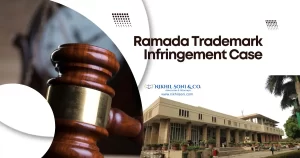A copyright protects the expression of an idea. Unlike a patent, which protects the idea itself, copyright protects only the expression.
What is the term of protection of copyright? The general rule is that copyright lasts for 60 years. In the case of original literary, dramatic, musical and artistic works the 60-year period is counted from the year following the death of the author.
The work must be original to the creator in order to be protected by copyright. To be unique, the work should:
- Instead of being taken from another work, it must have been created by the author(s)
- Must be capable of at least a basic level of creativity.
Note: The work will be terminated and will not be entitled to copyright protection if these two conditions are not met.














